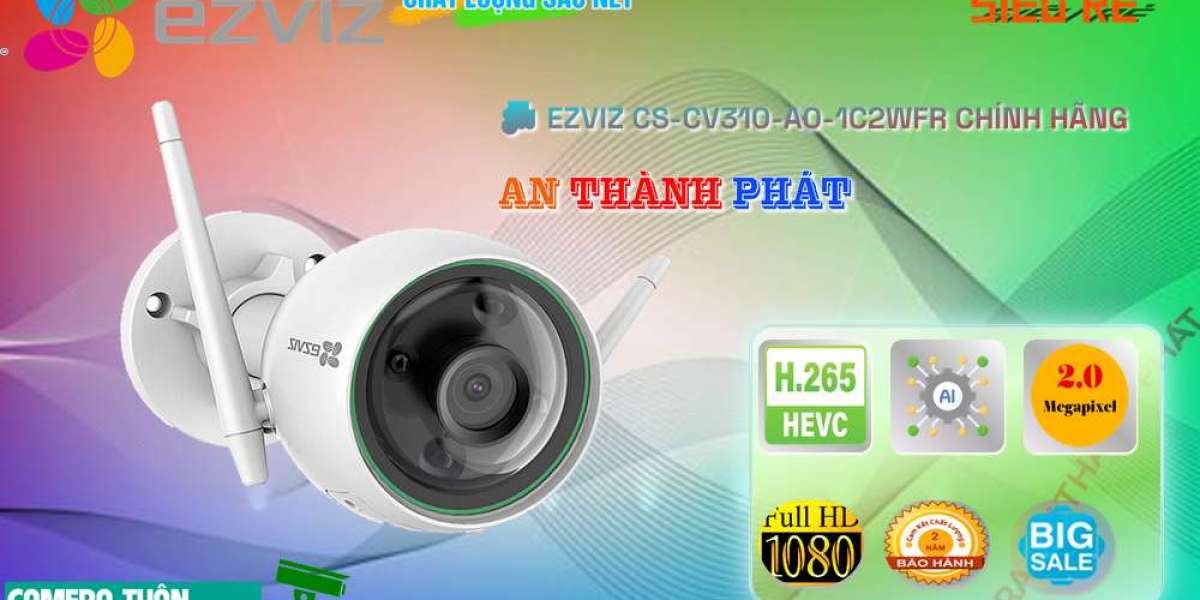Enhancing Crop Growth
Joinable planting enclosures, also known as modular planting systems, offer a unique way to optimize crop growth in agriculture. By creating individual enclosures for plants, farmers can control various environmental factors such as temperature, humidity, and light exposure. This level of customization allows for the creation of ideal growing conditions for different types of crops, resulting in higher yields and better quality produce.
Improving Pest Management
One of the key advantages of using joinable planting enclosures in agriculture is the ability to implement more effective pest management strategies. By isolating plants within individual enclosures, farmers can prevent the spread of pests and diseases from one crop to another. Additionally, these enclosures make it easier to monitor and treat specific plants, reducing the need for harmful pesticides and promoting sustainable farming practices.
Maximizing Space Utilization
Joinable planting enclosures are particularly beneficial for farmers with limited space for cultivation. These modular systems allow for vertical farming, where plants are stacked on top of each other in a space-efficient manner. By utilizing vertical space effectively, farmers can increase their overall crop production without expanding their land area. This innovative approach to farming is especially valuable in urban areas where land is scarce.
Facilitating Crop Rotation
Another advantage of using joinable planting enclosures in agriculture is the ease of implementing crop rotation practices. Crop rotation is essential for maintaining soil health and preventing the buildup of pests and diseases. With modular planting systems, farmers can easily move plants from one enclosure to another, facilitating the rotation of crops without the need for extensive manual labor. This not only improves soil fertility but also reduces the risk of crop failure due to continuous planting of the same crop.
In conclusion, the benefits of joinable planting enclosures in agriculture are vast and varied. From enhancing crop growth to improving pest management, maximizing space utilization, and facilitating crop rotation, these modular systems offer a sustainable and efficient solution for modern farming practices. By harnessing the power of joinable planting enclosures, farmers can optimize their crop production, reduce environmental impact, and ensure food security for future generations.








